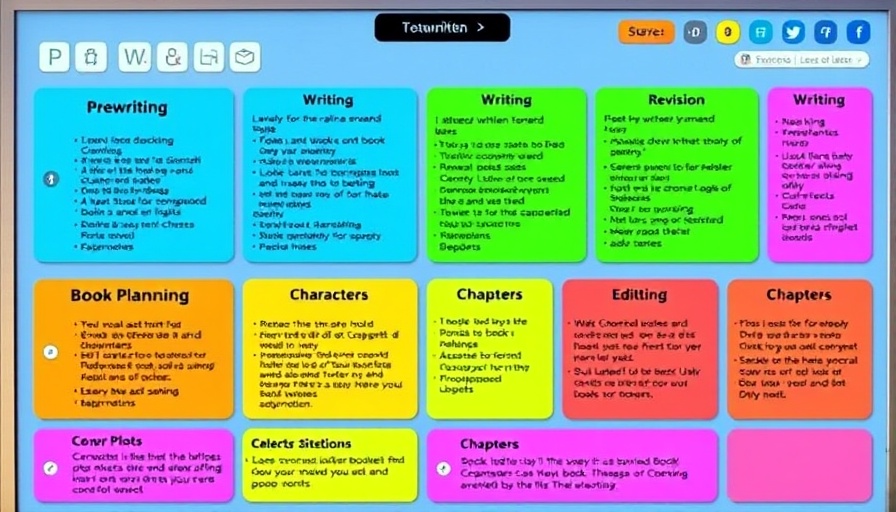
The Key Steps to Selecting the Right HRIS for Your Business
Choosing a Human Resource Information System (HRIS) is a pivotal decision for any growing business. With the potential to streamline processes, enhance compliance, and provide insightful data analysis, the right HRIS can lead to significant operational efficiency and improved workplace culture. But where do you start your journey in selecting this essential tool? Let’s break it down.
Understanding Your Company’s Unique Needs
The first step to successfully choosing an HRIS is to assess the specific needs of your organization. Are you a startup scaling rapidly or an established firm seeking to streamline your processes? Different situations call for varying functionalities in an HRIS. Engage with your team to understand their pain points and requirements, creating a solid foundation for your search.
Prioritize Flexibility in Pricing and Plans
One of the most crucial factors is the flexibility of the pricing model. Confirm how easily you can adapt your subscriptions as your team grows. Have vendors provide clarity on their minimum contract lengths, possible overage charges, and proration rules. As your operations expand or contract, you want to avoid lock-ins or unexpected costs that could hinder your growth.
Focus on Data Reporting and Access
When it comes to decision-making, having robust reporting capabilities is vital. An HRIS that facilitates easy data filtering and real-time access can significantly enhance your collective strategic efforts. Ensure the system allows users to create custom reports and that it accommodates your team’s requirements — ask for a live demonstration to validate its functionality.
Integration with Existing Tools is Non-Negotiable
A successful HRIS must integrate seamlessly with tools like payroll, ATS, and accounting software to enhance productivity. During your evaluation, dissect how the HRIS will work with your existing systems. Test its capabilities by simulating real-life scenarios, such as syncing new hires to payroll, to avoid future data management headaches.
Support and Onboarding Matter More Than You Think
Don’t underestimate the importance of support during and after implementation. Check how vendors handle onboarding and training; transparency in their support protocols will reflect their commitment to your success. Send a test support ticket to assess their response time and quality of service, confirming that you will be well-supported as you adapt to the new system.
Strong Access Controls to Protect Sensitive Data
Security should definitely be a priority when selecting an HRIS. Look for systems that offer robust role-based access controls to safeguard sensitive information. Ensure that the platform allows you to define permissions by role and location, minimizing the chance of errors and safeguarding your company culture and integrity.
Why This Matters for Your Company Culture
Investing in the right HRIS is not merely about functionality; it’s about enhancing your overall company culture. An effective HRIS promotes transparency, communication, and employee engagement, creating a workplace where individuals feel valued. This not only improves productivity but also strengthens overall teamwork, fostering a thriving work environment.
Take Action Towards a Better Future
Choosing the right HRIS may seem daunting, but with careful consideration of your specific needs and thorough vetting of potential options, you’re setting the stage for a more efficient HR function that can add real value to your business. Remember, the right technology paired with an empathetic approach to your teams will pave the way for a resilient company.
 Add Row
Add Row  Add
Add 



Write A Comment